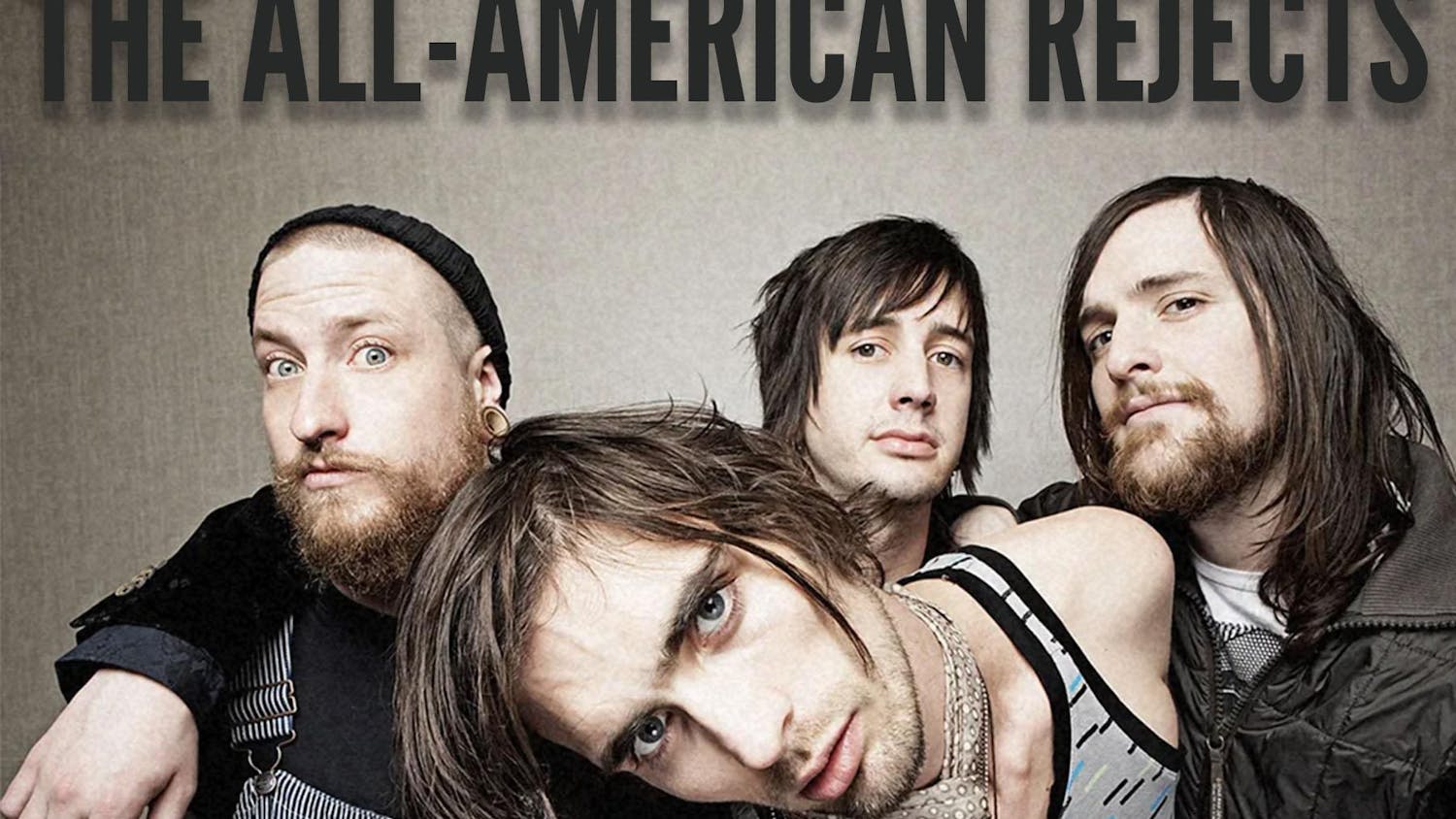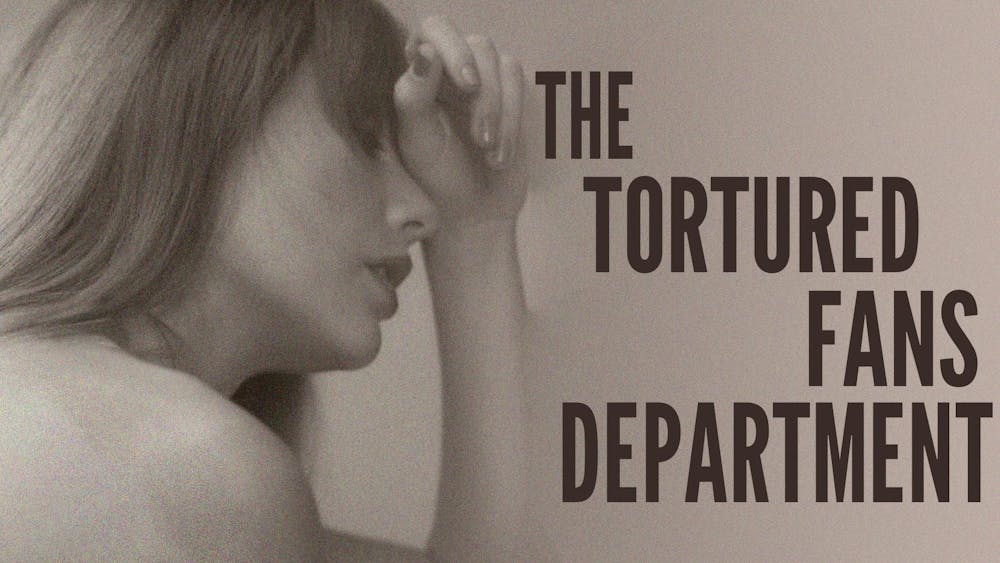Joaquin Phoenix's self-indulgent, at times head-scratching documentary, "I'm Still Here" is, as many suspected, one big lie. But that's part of its fun and mystique, because the documentary, directed by Casey Affleck, plays it straight the whole time.
It's a waste of time, really, for both the creator and the view. Despite Phoenix's "character" so desperately wanting to be taken serious, there is nothing serious about a pot-smoking, hobo-looking nut trying to make sense of his life while beating up on his close friends and calling on prostitutes. If this were real, then it'd be sad really, as though a male Britney Spears documented his fall from grace, hygiene and decency.

At the core of the film is a man on a soul-searching mission who departed from Hollywood because it robbed him of his peace of mind and left a void in his creative spirit. Who knows how much of this is actually grounded in Phoenix's true life, but in either case, the actor gives an outrageous, nearly believable performance
After announcing his retirement from acting in 2008, Phoenix appears to give up all logic and personal hygiene in favor of becoming a drugged-up loony. He rebels against the overly controlling Hollywood system that took hold of him at a young age and brought him A-list celebrity status at a price. He instead takes his "talents" to South Beach, New York and Los Angeles as he pursues his dream of becoming a hip-hop star.
Phoenix's journey is one of a dream waiting to fail. Because of his name and the novelty, he's able to book several respectable rap gigs for his epic fails. With Affleck, his brother-in-law, joining in for the ride, Phoenix chases this dream in ill-fated concerts, P. Diddy meetings (he actually tries to get P. Diddy to produce his record, which plays out hilariously) and emotional blow-ups.
Aside from the emotional rampages and bipolar turnarounds that show Phoenix trying to rationalize his obtrusive antics, the real intrigue comes in his interactions with those in the entertainment industry. P. Diddy reluctantly meets with him, actor Edward James Olmos imparts wisdom on Phoenix that appears to really touch him, and David Letterman awkwardly clashes with him during Phoenix's infamous appearance in 2009.
The plotline goes that his goal is to "find himself." It's not so clear how his actions — abusing his assistant, blowing-up in Ben Stiller's face when Stiller is trying to pitch him a role in "Greenberg," and not taking care of himself to the point that he looks homeless — adds up to self-actualization. More importantly, the film being a hoax, it's completely unclear what Phoenix's actual intentions for the film were. Is this supposed to be a "screw you" to Hollywood? Is it supposed to be a critique of how society views and treats celebrities? Did he make "I'm Still Here" just for kicks?
For whatever reason, Phoenix, a gifted actor who has twice been nominated for an Oscar, felt the need to spend two years of his life making this film. He paraded around the country and crafted himself a new identity with a beer-belly, a pipedream of hip-hop stardom and a journey of self-discovery that is paved with idiocy.

It's one big hoax though, and as a hoax it fails. So let's hope for Hollywood's sake that the gig is up and that he really is still here.












